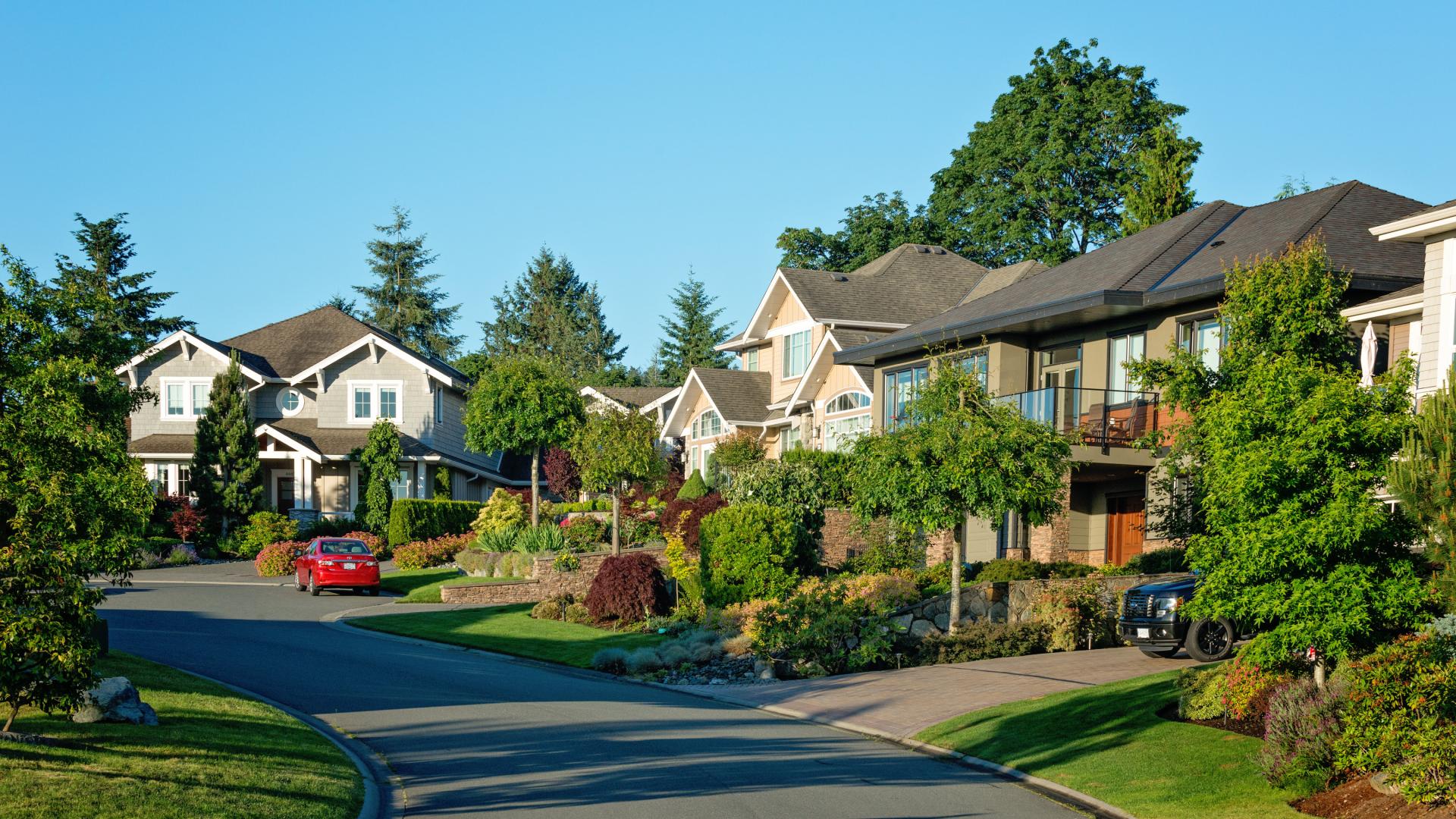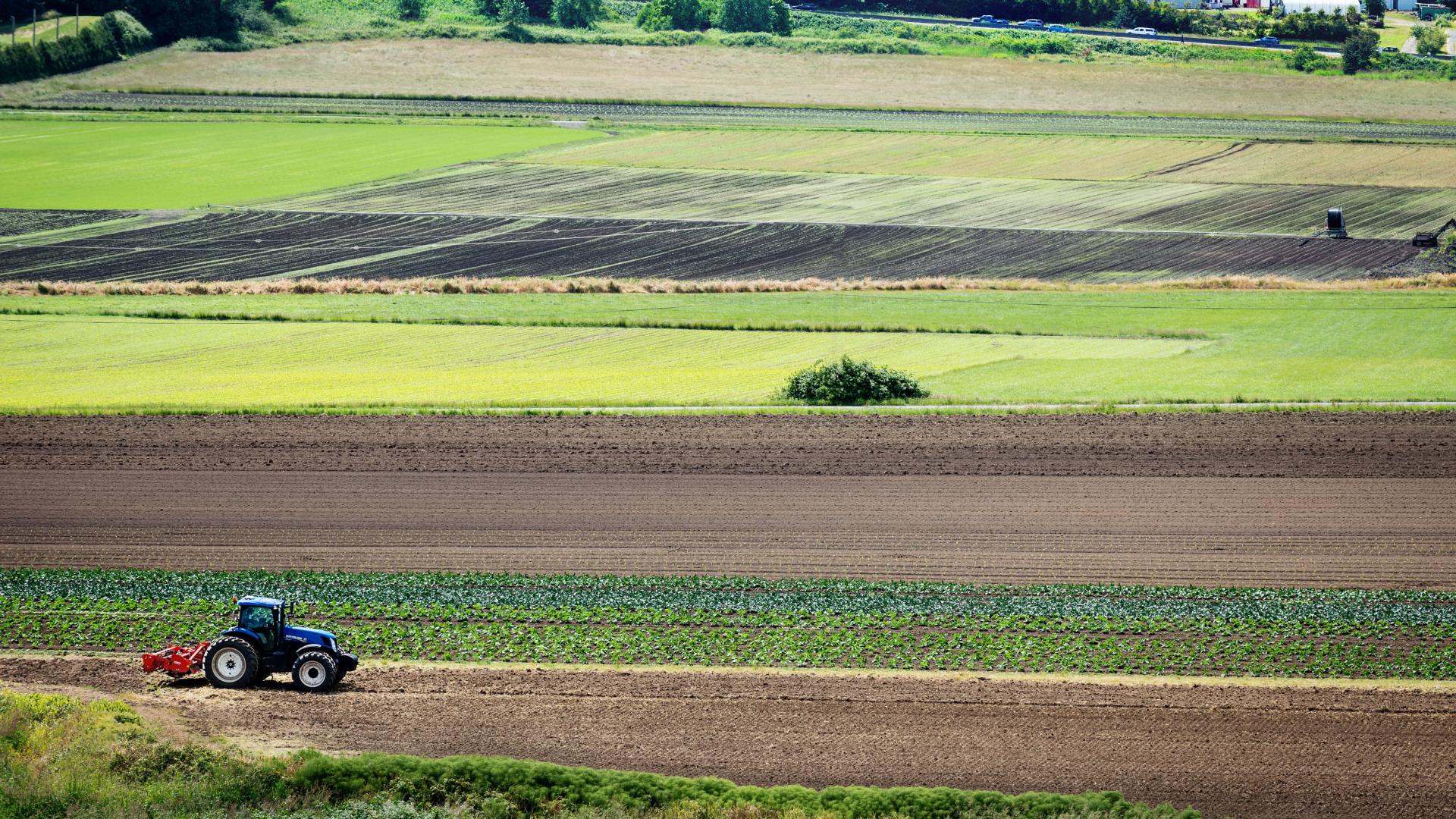- All inspection requests shall be scheduled online through our website or your CSOnline account
- Zero Carbon Step Code has been endorsed by Central Saanich Council. New residential and commercial construction is required to meet the Zero Carbon Performance levels, essentially electrifying the building systems. Learn more on our Step Code page, consult with your energy advisor or contact building staff for more details.
- Timing expectations: Please note a complete, cohesive single family residential application may need 2-3 weeks for our first review; and multifamily or large commercial applications may require 4-6 weeks for the first review and feedback. The total timeline for permit issuance will increase if amendments or resubmissions are required from the applicant. Please factor this into your project timeline and reach out to staff if you have any questions. Thank you for your understanding during these busy times.
Building permits ensure that buildings and structures renovated or constructed within the District of Central Saanich meet the acceptable level of performance with regards to structure, occupant health, fire protection, life safety, accessibility and energy efficiency. Building permits also ensure that the community’s applicable land use and development bylaws are applied. While contractors may be hired to complete construction work, it is the property owner’s responsibility to ensure that a building permit is obtained prior to construction commencing.
When are Permits Required?
Almost all new construction and renovations will require a permit. Below are some examples:
- construct a new building;
- building new or removing loadbearing or non-loadbearing walls;
- relocating or demolishing a building or structure;
- tenant improvements for your business;
- changing the occupancy or type of use of a commercial space;
- completing unfinished space;
- replacing entire exterior building envelope (cladding and windows);
- constructing a sundeck;
- relocating bathroom fixtures or increasing bathroom size/fixtures;
- installing a wood-burning appliance;
- building a masonry chimney or fireplace;
- constructing retaining walls higher than 1.2m;
- replacing entire perimeter drainage system;
- authorizing or building a secondary suite; or,
- constructing accessory buildings larger than 10m².
Typical maintenance projects can be completed without a permit. Some examples are:
- replacing existing roofing material;
- upgrading existing windows (same size);
- repairing or replacing existing plumbing fixtures;
- painting, flooring or new cabinetry; or
- constructing a shed smaller than 10 sq. metres complying with the zoning.
These are a few example of other permits or approvals that might be required:
Plumbing permits are issued by Central Saanich and are required for new or altered plumbing systems, such as adding a bathroom, or relocating existing fixtures and for irrigation systems. Check out the Residential or Commercial pages for more details.
Electrical Permits are regulated through the Technical Safety BC.
Written confirmation from P.Eng or ROWP that an existing septic system is acceptable for proposed project OR Island Health (VIHA) accepted filing for new or altered system.
Approvals relating to your site may also be required. These could include tree pruning or removal, soil deposit or removal, blasting, driveway crossing or development permits for commercial/multi-family sites, shoreline properties, or environmentally sensitive areas. Check here for more details.
Business licence for new or relocated businesses
CRD approval of any testing of cross connection control (back flow prevention to protect the water supply) devices
Waste discharge assessment form to CRD for grease trap
Sign permit [PDF/287KB] for any new or replacement sign
Liquor licence through the Liquor Regulation and Licensing Branch (and the District as well)
It is always best to check in with Building Department staff for any unique situations.
Permit Fees
Building permit fees are based on the value of the project, which includes the costs of materials and labour. If you are doing some of the work yourself, you will need to provide the value of the project based on hired labour. This creates a more consistent method of determining project value for all building permits. Details on building permit fees and related permit fees can be found on the fee schedule (see related documents below).
The Development Cost Charges (DCC) Bylaw No. 1889 levies charges for transportation, sanitary sewer, storm drainage, water, and parks. The DCCs apply to small lot residential, single family residential, multi-family residential, commercial/institutional, and industrial developments. When subdivisions are created for new residential parcels, the DCC's are payable at subdivision stage. For multi-family, commercial or industrial developments, the DCC fees are due at building permit stage. Please note that the CRD DCC's are also applicable, and collected by the District on behalf of the CRD. Check out the links below for further information.
General FAQ's
A property owner is responsible, under the building bylaw, to comply with district bylaws and the BC Building Code. This includes making application for a building permit. The owner is able, however, to appoint an agent for the application process. This can be done by completing the Owner Authorization form, which gives an agent permission to review the property file for historical permit documents and submit applications.
If work begins prior to the issuance of a building permit, including excavation, a stop work order may be posted. This could result in a penalty fee of an additional 50% of the building permit fee, payable when the permit is issued. The building permit process protects both the owner’s interests and those of the community, by reviewing the health and safety aspects of construction. Failure to obtain proper permits can result in costly construction delay, removal of unauthorized work, unsafe construction and even possible impacts on selling your property.
The required inspection schedule [PDF/285KB] is outlined in the building bylaw. You or your contractor will need to contact our office at least a day before to arrange for an inspection at 250-544-4217. You will note at the bottom of the inspections list there are a number of documents required during the project, typically at framing and final inspections.
For larger projects that have registered professionals involved (architect, structural, mechanical, electrical and other engineers), District Inspectors are "monitoring" the construction and liaise with the professionals who are responsible for compliance with the BC Building Code. Inspections such as framing, firestopping and final should be requested to keep the District Inspectors up to date on the construction progress.
When the project and inspections are completed, and all paperwork is submitted, the District should be able to issue a Completion/Occupancy Certificate. Any deposits submitted at the application stage will be reviewed and returned according to District policy.
According to the Building Bylaw, permits are valid for a two-year period, however, construction must start within the first year of the permit. There may be an opportunity, however, to apply to renew the permit, one time only, based on hardships beyond the owner’s control.
Please review the bulletin on Climatic and Seismic Data [PDF/2.1MB] or the Snow Load Data [PDF/4MB] for specific details.
Next Steps
Check out these pages for more information, or contact the Building Department directly at 250-544-4217.
- Building Permits on Residential Properties
- Building Permits on Agricultural Properties
- Building Permits on Commercial, Industrial, Institutional or Multi-family Properties
- Trees, Landscaping or other Site Works
View the resources below to guide you in putting together your permit application.







